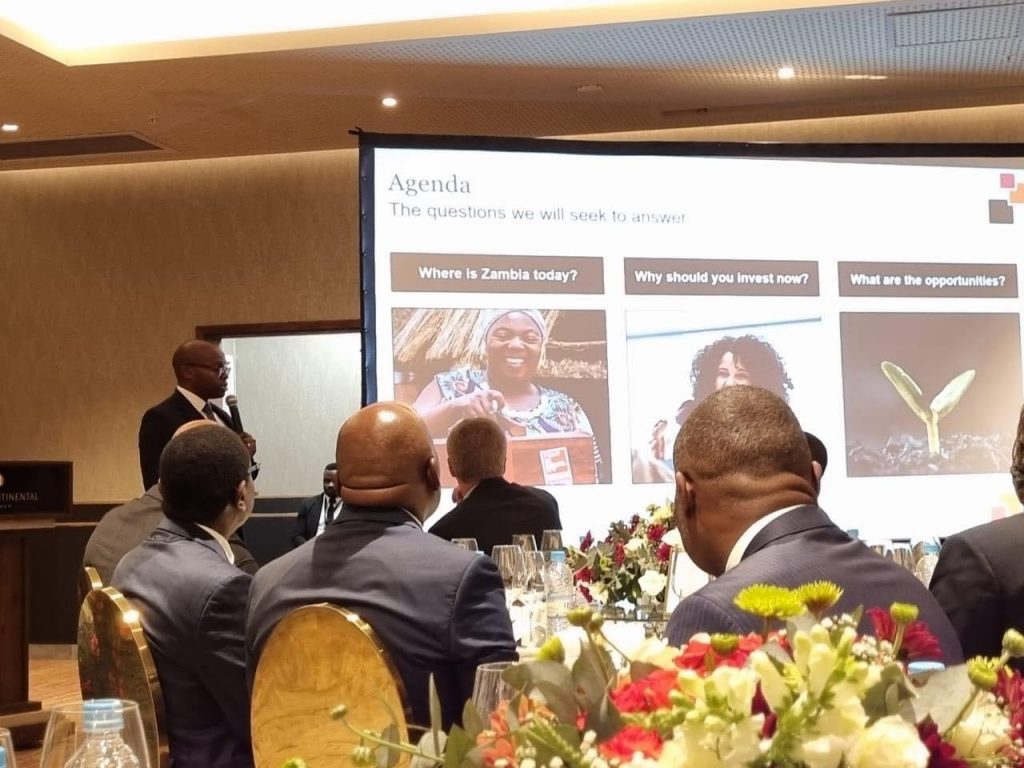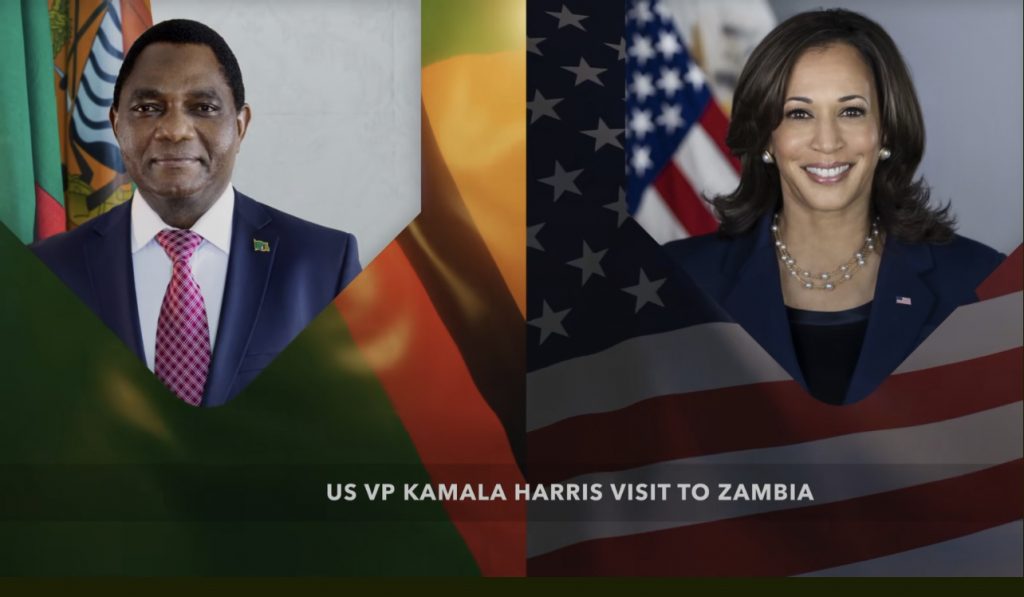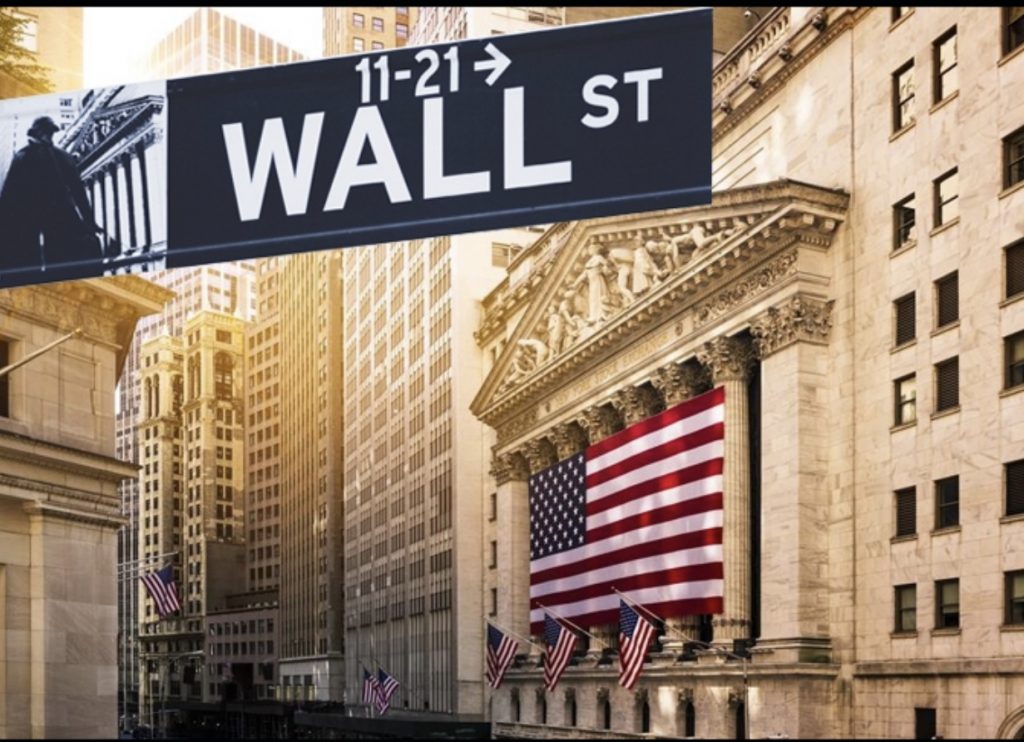Africa’s second largest copper hotspot, Zambia has been dubbed a an opportunity train that American investors need to jump on now before it is too late. Speaking at business lunch themed Zambia’s Economic Revitalisation and Investment graced by President Hakainde Hichilema that hosted a US delegation who were part of the U.S. Vice Presidents African continental tour, PricewaterhouseCoopers Senior Partner Andrew Chibuye likened Zambia to an undervalued stock on Wall Street.

Hamstrung by debt, the Southern African nation is in the labyrinth of a restructure that has delayed and left markets volatile. “Most macroeconomic variables are volatile as seen by the sliding inflation and exchange rates, all because of the country’s debt posture,” Chibuye said in his speech. The PWC Senior Partner echoed Zambia’s democracy wins citing seven Presidents over four political transitions with 2021 being a pivotal junction for the red metal producer that saw the ascension to power of Hakainde Hichilema, then opposition party leader.
US Vice President Kamala Harris visit to Zambia comes at a critical time when geopolitics continues to stencil the debt composition with China cited for delaying progress. Debt restructure continues to follow a G20 common framework that has turned out very complex with creditor inertia in accepting terms prescribed by the framework.

“As you sit in New York to assess political risk, Zambia has transitioned peacefully with 7 Presidents. The apex of political risk is a government shift,” he reiterated. Jump on board now and realize significant dividends. You can come and do business and not be disrupted with unrest. This is something that Zambia does not get enough credit for.
The current government has seen varying themes starting with a currency rally post August 2021 when confidence surged as risk appetite sharply clawed back into the Zambian economy. The period 2022 was dubbed a time of stability while the state took stock of restoring democracies and lost freedoms of the previous regimes. The International Monetary Fund board approved the country’s extended credit facility (ECF) as part of a first step in recalibrating the nations fiscal priorities. Thea year 2023 is a year of exterminating bottlenecks as evidenced by the work of the public private dialogue forum and presidential delivery units etc.
Markets continue to seek clues as to timelines for debt restructure as the currency market remains fatigued. Amidst the fiscal fragilities, the Southern African nations MinFin has continued to demonstrate fiscal prudence over the last two budget cycles with significant savings, critical focus on decentralization of government, concessions to private sector and social sector interventions.
The Kwacha Arbitrageur

